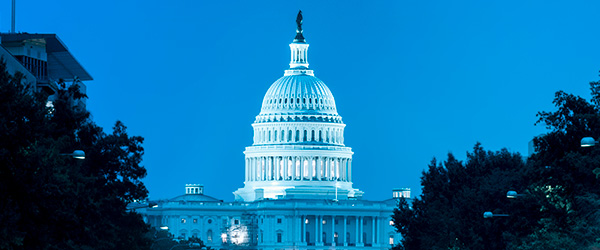Lawyers who prosecute criminal defendants or defend the accused of criminal charges confront some of the most pressing, and important, issues in our legal system—the issues that involve the government, on behalf of the people, taking away a criminal defendant’s liberty, or possibly, their life. Because of these potential consequences, our criminal law system attempts to balance the government’s interest in deterring and punishing crime with the rights of the accused by, for example, requiring due process of law and that the government prove any charges "beyond a reasonable doubt."
While criminal law has its own rules of evidence and procedure, the practice overlaps with Constitutional Law and Civil Rights and Anti-Discrimination Law as constitutional and civil rights conflicts can (and often do) arise whenever the government charges an individual with a crime.
Lawyers who practice criminal law usually do so in one of the three following categories, which can include criminal litigation and appellate advocacy work:
- Prosecutors: Prosecutors, which can include district attorneys, state attorneys, U.S. attorneys, and attorneys general, work on behalf of the government or the "people" and prosecute individuals charged with a crime. Prosecutors are part of the executive branch of the government, and they work in tandem with law enforcement.
- Public Defenders: Public Defenders represent criminal defendants who cannot afford a lawyer. Public defenders are part of the judicial branch of the government and are often employed in federal, state, and local public defender offices. Some public defenders, however, work for non-profits or in private practice, accepting court appointments to represent individual defendants.
- Private Criminal Defense: Criminal Defense lawyers are in the private sector and represent individuals on issues ranging from speeding tickets and simple possession to capital murder or white-collar crimes. These lawyers tend to work in a solo or small firm that specializes in criminal defense. However, a larger full-service law firm may employ criminal defense lawyers to support existing corporate or individual clients or entities that find themselves being criminally investigated or charged. Large law firm criminal defense practice sometimes involves white-collar crime, which refers to financially motivated, non-violent crimes like embezzlement or insider trading.
Some students who are interested in practicing criminal law start by working either in prosecutor or public defender offices. Many of these students climb the career ladder within their respective offices. Others move into related criminal law practices, such as private criminal defense firms or within a government agency, such as the Federal Bureau of Investigations (or its state counterparts), the Drug Enforcement Agency or even police departments. While less frequent, experienced criminal lawyers may find opportunities to engage in legislation and lobbying-related advocacy, such as on behalf of prisoners’ or victims’ rights.
Courses
Courses designated as "primary" are foundational, while those listed as "secondary" contain relevant and related content. "Co-curricular" courses are credit-bearing extra-curricular activities, while "experiential" courses are practice-based offerings. Please keep in mind that the focus of any course will vary depending on the instructor.
Primary Courses
Secondary Courses
Experiential Courses
Faculty
The following faculty are knowledgeable about the topic and may be a useful resource for you.
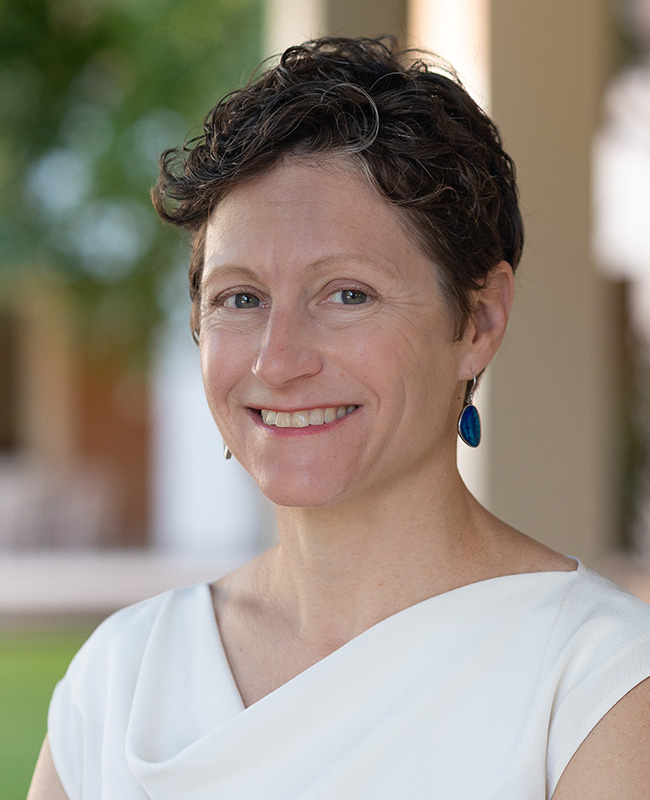
Associate Professor of Law
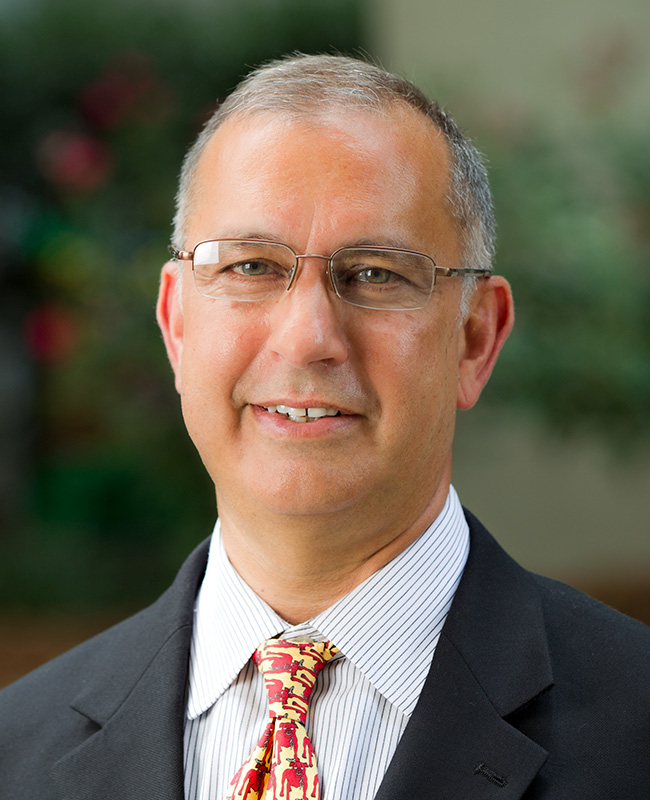
Clinical Professor of Law
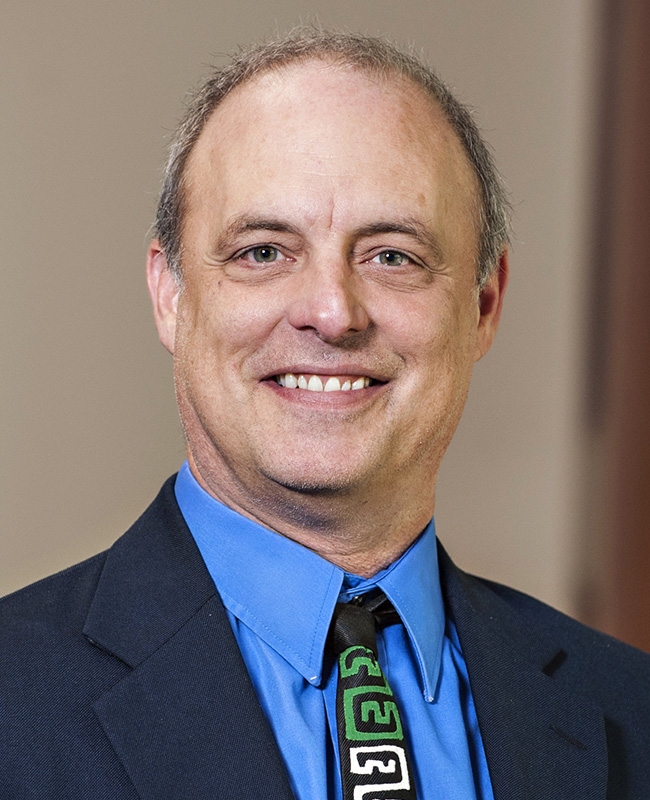
Needham Yancey Gulley Professor of Criminal Law
Related Pathways
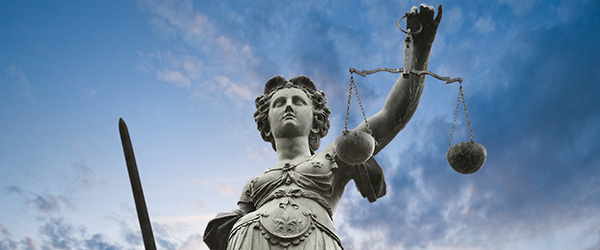
Criminal Litigation
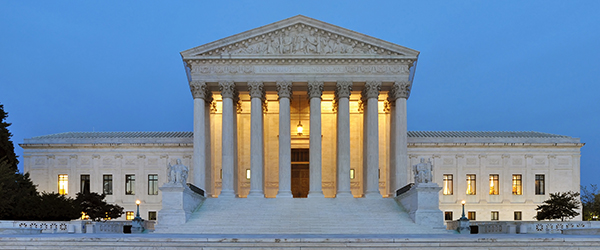
Appellate Advocacy

Government
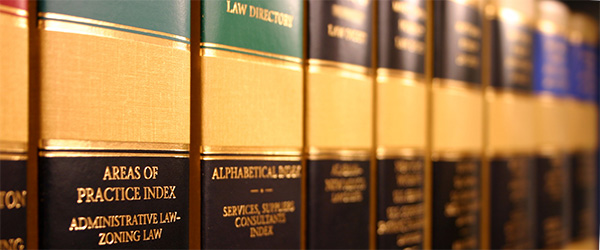
Law Firm
